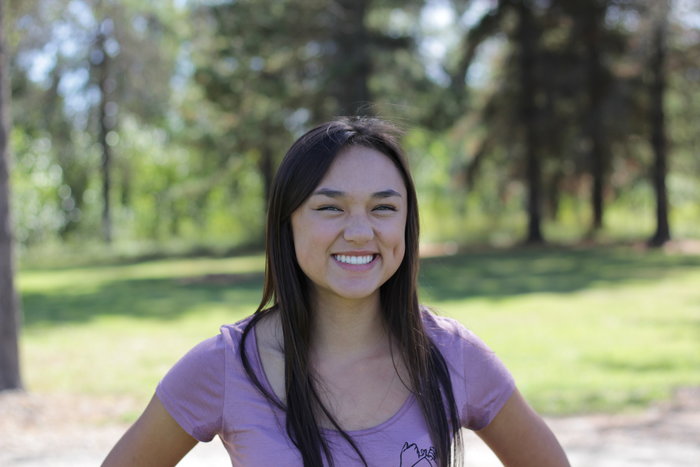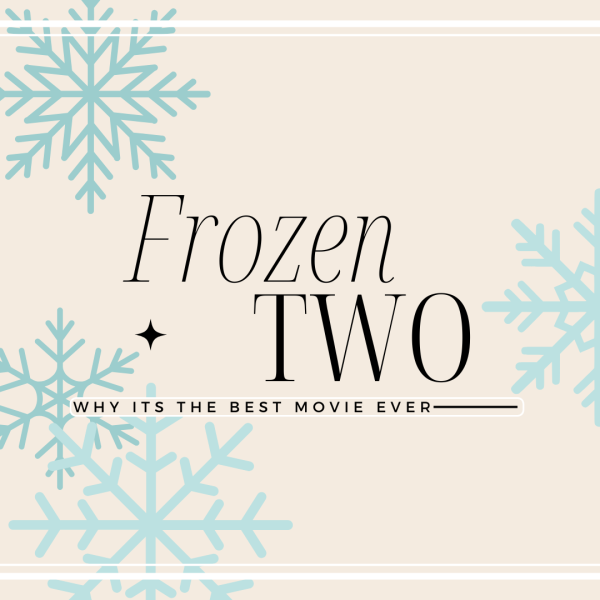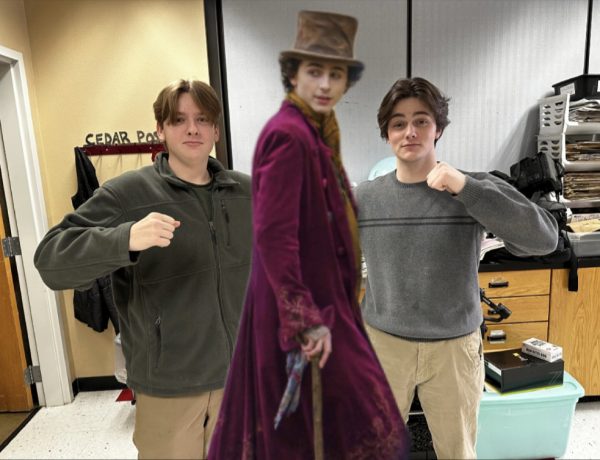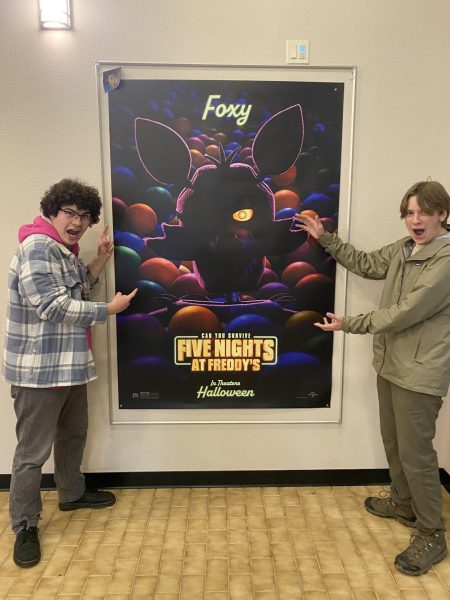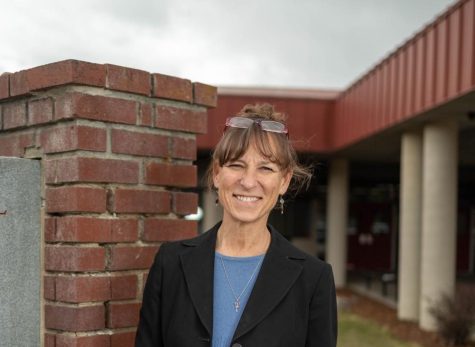AM I WHITE?
A look at biological heritage, cultural upbringing, and personal identity
I am a quarter Japanese and three quarters European, with a dash of Cherokee Native American Indian. Technically, I am white. But I don’t necessarily identify as such.
Recently, for the first time, I directly and openly posed myself with the question: Am I white? I have yet to fully answer it. This complex internal dialogue encompasses elements of biological heritage, cultural upbringing, and ultimately, personal identity.
Even though I am predominantly Caucasian, I have always been very aware of the fact that I have an ethnic makeup unique to my community, being brought up in a primarily white area that lacks much diversity.
Throughout the entirety of my schooling I have been consistently reminded that I looked different than most in a wide array of ways, from rude racial slurs to curious friends asking about my heritage. For a while, I did not know how to respond to the more malicious reminders, and my reactions ranged from angry to deeply insulted to humorous.
Is my ethnicity so outstanding simply because any dash of color would drastically stand out in a white population? When I look in the mirror, I don’t see myself as white. Yet sometimes, people are exasperated and unbelieving when I tell them that I am Japanese. Depending on whom you ask, I am sometimes white and sometimes Asian.
Being adopted, I am not familiar with my Japanese lineage, despite the fact that I know my biological families well. Though I do not identify as white, I have not been raised with any association with Japanese culture, and culture is the foundation upon which ethnic identity is built. Is it inappropriate for me to openly sport my Japanese and Native American heritages if my links to them are culturally nonexistent, even if they are present genealogically? How can I feel so separated from the white culture in which I have grown up when I really know nothing else?
I still do not know the answer to these questions, and that’s okay. My ethnic identity affliction will most likely be resolved upon attending college; I expect this confusion will be alleviated in an area of diversity. But even then, I think the only answer to these questions is that there is no real answer. I don’t have to identify as white nor Japanese exclusively. I am mixed. I look forward to exploring and connecting with my heritage and expanding and evolving my ethnic identity. Acknowledging one’s lineage and coming to terms with who it makes us is anything but black and white.
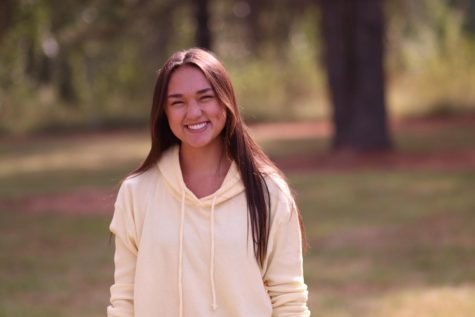
McCalee Cain is a senior and it is her third year on staff. She is the Editor-in-Chief.

